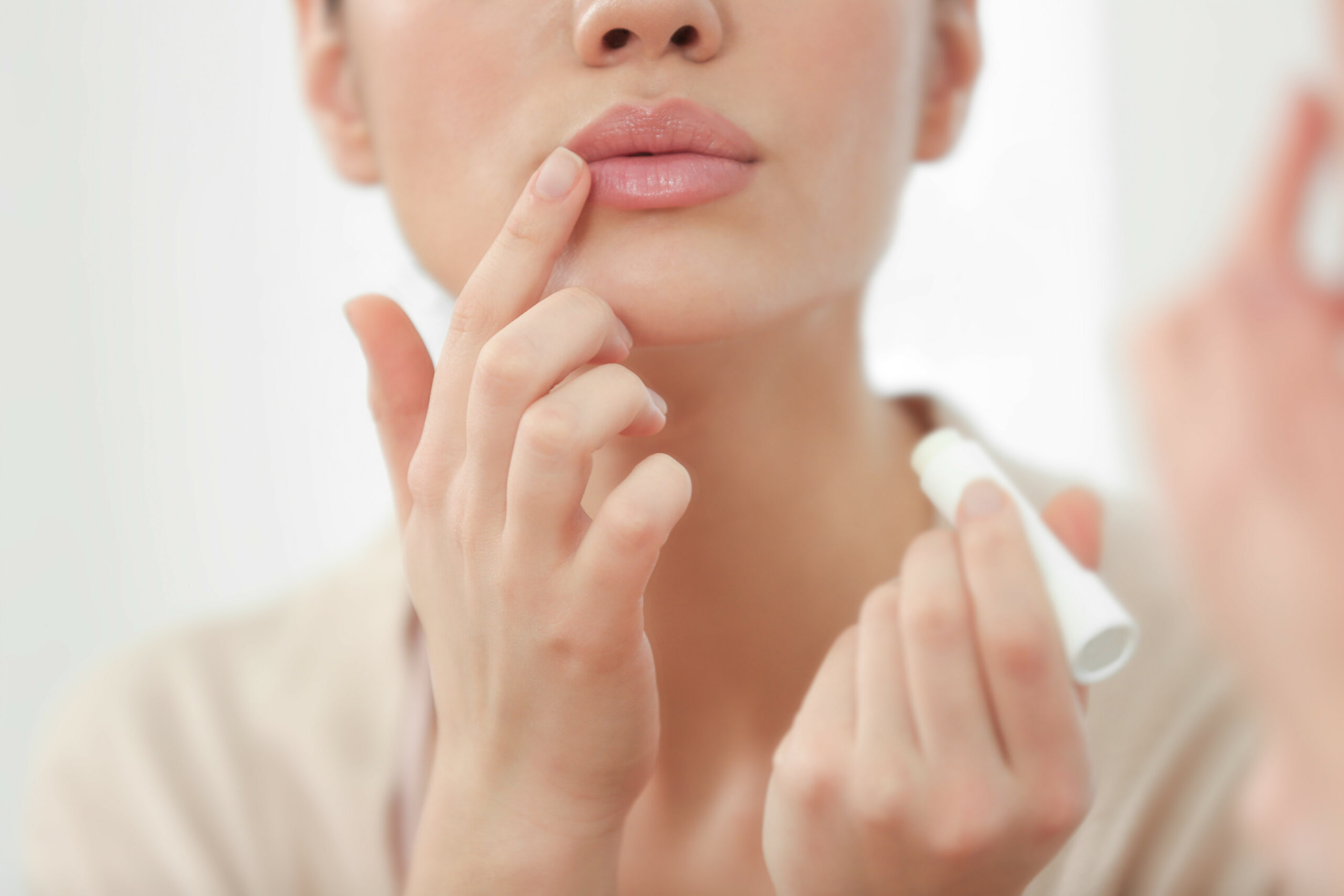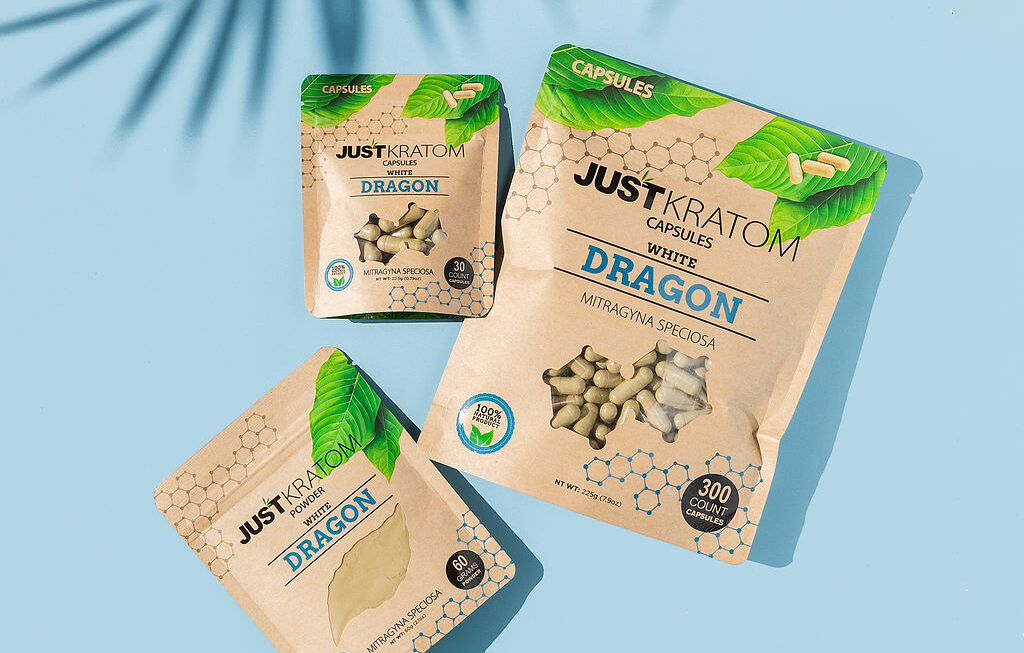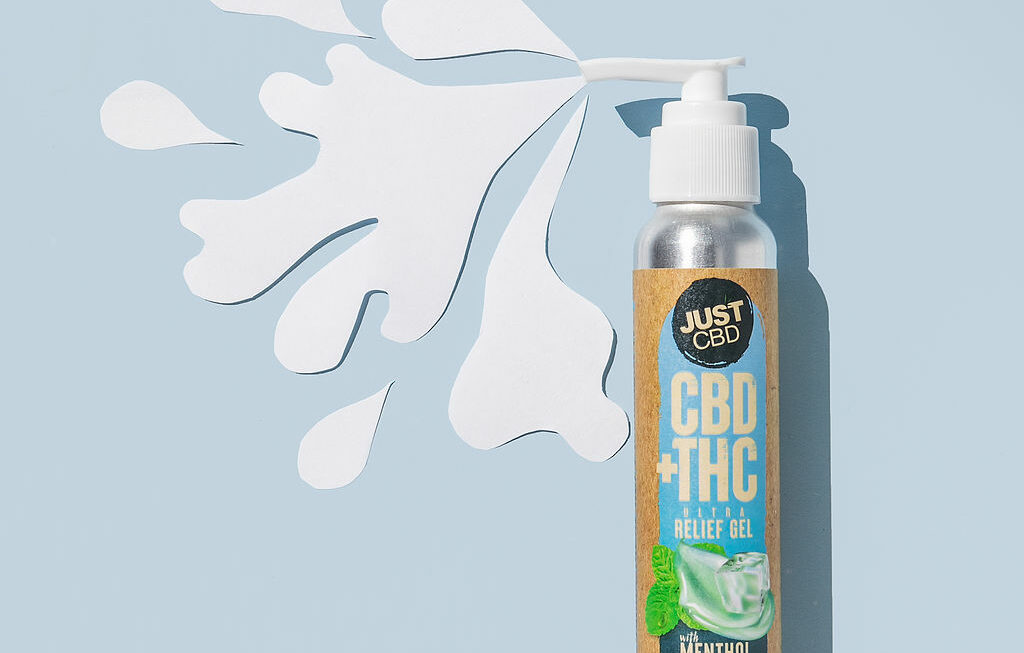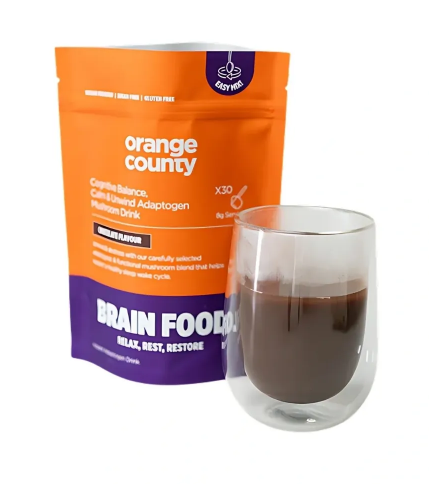Introduction
Lip balm is a staple in many people’s daily skincare routines, especially during dry and cold weather conditions. It helps to moisturize and protect the delicate skin on the lips, keeping them soft, supple, and free from chapping. When selecting a lip balm, it’s essential to consider the ingredients it contains to ensure its effectiveness and safety. In this comprehensive guide, we will explore the key ingredients you should look for in a lip balm and their specific benefits for lip care.
Beeswax
Beeswax is a common ingredient in lip balms and serves as a natural emollient. It forms a protective barrier on the lips, sealing in moisture and preventing dehydration. Beeswax also helps to retain the lip balm’s effectiveness for a more extended period, providing long-lasting hydration. Additionally, beeswax offers a slight occlusive effect, helping to shield the lips from environmental factors such as wind and cold temperatures.
Plant-Based Oils
Plant-based oils, such as coconut oil, almond oil, jojoba oil, or shea butter, are excellent moisturizers for the lips. They contain essential fatty acids and vitamins that nourish and hydrate the skin. These oils penetrate deep into the lips, replenishing moisture and preventing dryness. Plant-based oils also help to improve the overall texture and smoothness of the lips, making them an essential ingredient in lip balms.
Vitamin E
Vitamin E is a powerful antioxidant that offers numerous benefits for lip care. It helps to protect the lips from free radicals, preventing damage and premature aging. Vitamin E also has moisturizing properties and supports the skin’s natural healing process, making it effective in repairing chapped or cracked lips. Look for lip balms that contain Vitamin E to keep your lips healthy and youthful.
SPF Protection
Sun protection is crucial for the lips as they are prone to sunburn and UV damage. When choosing a lip balm, opt for products that contain SPF (Sun Protection Factor). Look for ingredients such as zinc oxide or titanium dioxide, which provide broad-spectrum protection against both UVA and UVB rays. SPF lip balms help to prevent sunburn, minimize the risk of lip cancer, and keep your lips safe from harmful sun exposure.
Natural Plant Extracts
Many lip balms incorporate natural plant extracts for their additional benefits. For example, aloe vera extract soothes and calms irritated lips, while chamomile extract provides anti-inflammatory properties. Green tea extract offers antioxidant benefits, and calendula extract helps to promote skin healing. These plant extracts enhance the overall effectiveness of the lip balm and contribute to the health and well-being of your lips.
Humectants
Humectants are ingredients that attract and retain moisture, keeping the lips hydrated. Common humectants found in lip balms include glycerin, hyaluronic acid, and honey. These ingredients help to lock in moisture, preventing dryness and promoting soft, plump lips. Humectants are particularly beneficial for individuals with dry or dehydrated lips, as they help to restore and maintain the natural moisture balance.
Essential Oils
Essential oils not only provide a pleasant scent to lip balms but also offer additional benefits for lip care. Some essential oils, such as peppermint oil or menthol, provide a cooling sensation and can soothe chapped or irritated lips. Lavender oil has calming properties, while tea tree oil has antimicrobial properties that can help prevent lip infections. Ensure the essential oils used in your lip balm are diluted and safe for lip application.
Avoid Harsh Ingredients
When selecting
a lip balm, it’s equally important to know what ingredients to avoid. Harsh ingredients can cause irritation or dryness, defeating the purpose of using a lip balm. Here are some ingredients you should steer clear of:
a. Fragrances and Artificial Flavors: While they may make the lip balm smell pleasant, fragrances and artificial flavors can be potential irritants, especially for those with sensitive skin or allergies. Opt for lip balms that are fragrance-free or use natural essential oils for a subtle scent.
b. Synthetic Colors: Artificial colors may give lip balms a visually appealing look, but they can also cause skin irritation or allergic reactions. Look for lip balms that are free from synthetic colors or opt for those with natural colorants derived from plants.
c. Harsh Chemicals: Avoid lip balms that contain ingredients such as parabens, sulfates, phthalates, and petrolatum. These chemicals can be drying, irritating, or potentially harmful to your health. Choose lip balms with clean, non-toxic formulations that prioritize natural and organic ingredients.
d. Alcohol: Alcohol-based lip balms may provide a temporary cooling or refreshing effect, but they can ultimately dry out the lips, leading to more chapping and discomfort. Look for alcohol-free lip balms to maintain lip hydration.
e. Salicylic Acid: Salicylic acid is commonly used in skincare products for its exfoliating properties. However, it can be too harsh for the delicate skin of the lips, causing dryness and irritation. Avoid lip balms that contain salicylic acid unless specifically formulated for specific lip concerns like cold sores.
Considerations for Specific Lip Concerns
If you have specific lip concerns, such as extremely dry or sensitive lips, it’s essential to choose a lip balm that addresses those issues. Look for products that are specifically formulated for sensitive skin or those that offer intensive hydration and repair. Ingredients like ceramides, shea butter, or lanolin can provide deep moisturization and help restore the skin barrier.
Personal Preferences
Apart from the functional aspects, personal preferences also play a role in choosing the right lip balm. Some people prefer natural and organic formulations, while others may prefer vegan or cruelty-free options. Consider your personal values, lifestyle, and preferences when selecting a lip balm that aligns with your needs and beliefs.
Conclusion
Choosing the right lip balm is essential for maintaining healthy, soft, and hydrated lips. Look for lip balms that contain beneficial ingredients like beeswax, plant-based oils, Vitamin E, SPF protection, natural plant extracts, humectants, and essential oils. Avoid harsh ingredients, synthetic colors, fragrances, and chemicals that can potentially irritate or dry out the lips. Consider your specific lip concerns and personal preferences when making a selection. By incorporating a high-quality lip balm into your daily skincare routine, you can ensure that your lips remain nourished, protected, and comfortable throughout the day.
- Benefits of Damiana Supplements - November 24, 2023
- Best Delta 10 THC Disposables Reviewed - November 24, 2023
- Benefits of Artichoke Extract Nootropics - November 24, 2023




